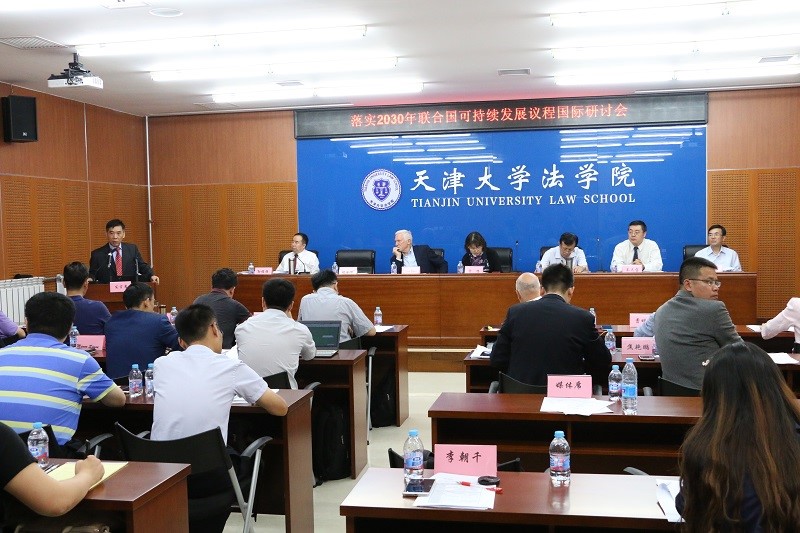
On September 16th, researchers convened at the School of Law to discuss how to put in place the 2030 Agenda for Sustainable Development. Attendees included Zhang Jinhua, representative of the Chinese Mission to the United Nations Environment Programme, Ben Boer, honorary professor of the School of Law of University of Sydney, Hu Tao, director of the WWF (World Wildlife Fund) and researchers from universities, law offices and academic journals.
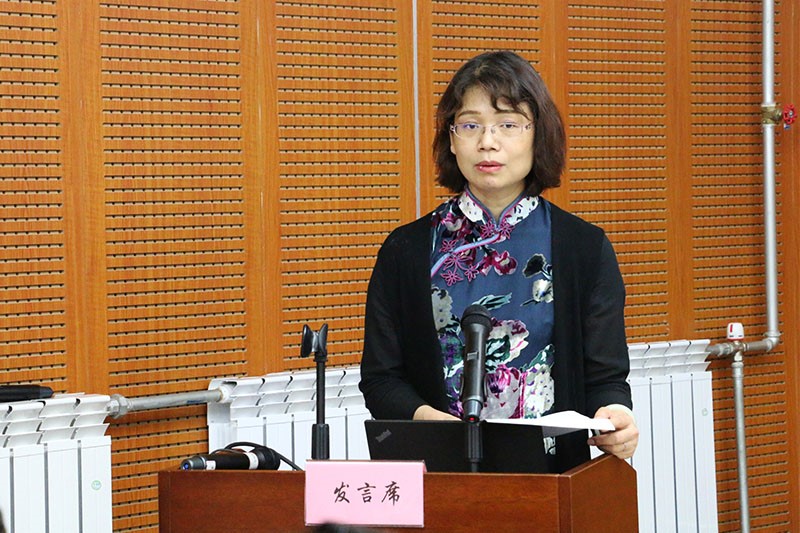
Lei Ming discussed the significance of implementing the Agenda
Opening the discussion with an examination of the theme, Lei Ming, deputy secretary of the CPC at Tianjin University said that against a backdrop of sluggish global recovery, the key was to advance sustainable development and implement the Agenda in accordance with China’s practical situation, which is of great and profound significance.
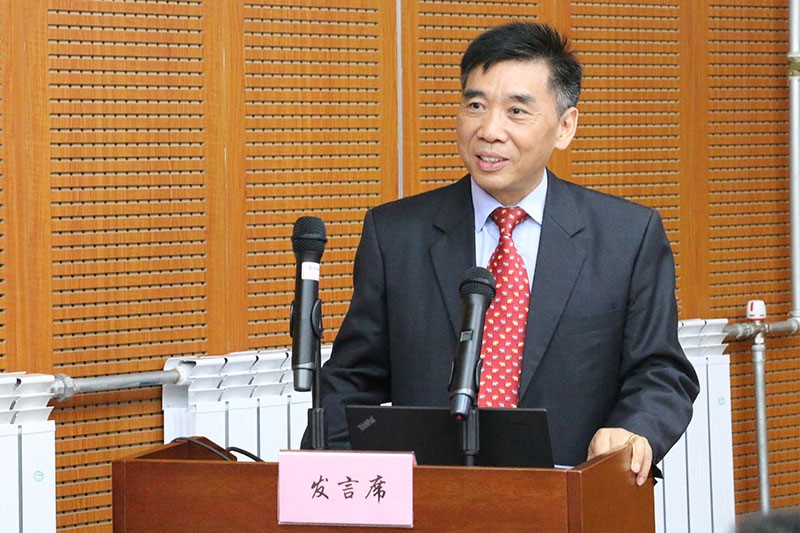
Zhang Jinhua appreciated China’s efforts in advancing sustainable development
Zhang Jinhua first introduced the mission and objectives of the United Nations Environment Programme, and then spoke highly of China’s actions to pursue sustainable development. “On the one hand, China is mitigating climate change and air pollution through technological innovation; on the other hand, China has participated in many environment-related cooperation projects and shared experience in environmental protection work.” He expressed his desire for the United Nations to cooperate more frequently with China and Tianjin University.
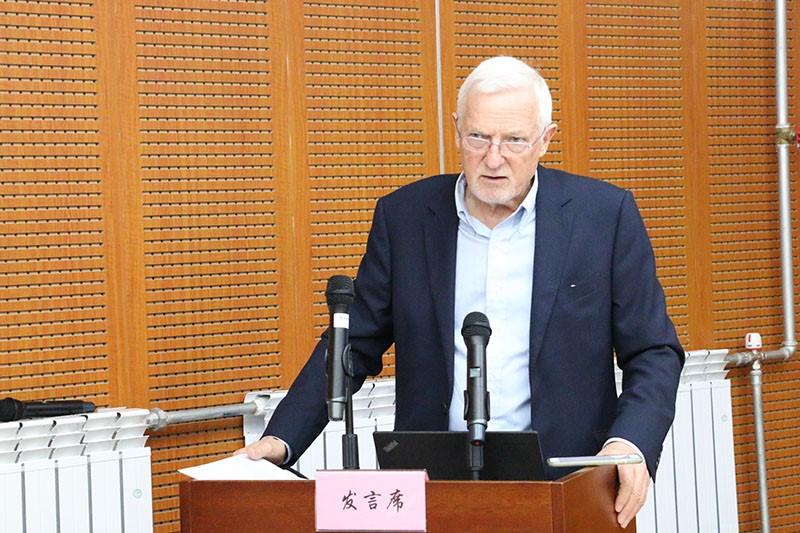
Ben Boer posed several problems that need to be solved
Ben Boer pointed out several challenges that the Agenda has posed to environmental law makers and lawyers, which are: what role environmental law plays in the process of achieving the goals of the Agenda; how to adjust China’s environmental laws and policies to meet the needs of the Agenda; how public interest litigation will help to realize the goal and more.
Next, researchers delivered reports on this issue, which covered a wide range of aspects, from international trade to legislation, from Xiamen’s experience of environmental protection, to that of Japan and from the history of sustainable development to the current situation.
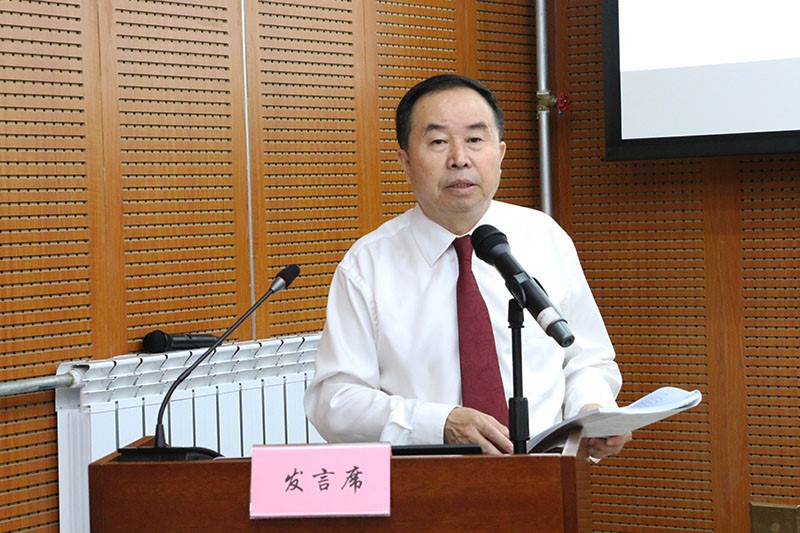
Sun Youhai explained the legal infrastructure needed to implement the Agenda
Sun Youhai, professor of the School of Law of Tianjin University, explained the requirements that the Agenda has put forward regarding the development of a legal framework to support it. Hu Tao also said it is essential to pay attention to the impact of international trade on achieving the goals of the Agenda as environmental-friendly trade plays an important part. Professor Zhu Xiaoqin of Xiamen University took Xiamen as an example to illustrate how Xiamen government promotes environmental protection through laws and regulations. “The development of legal system will propel the sustainable development of Xiamen’s economy forward” she said. Zhang Jianwei gave a report on how Japan is implementing the legal framework for the Agenda.
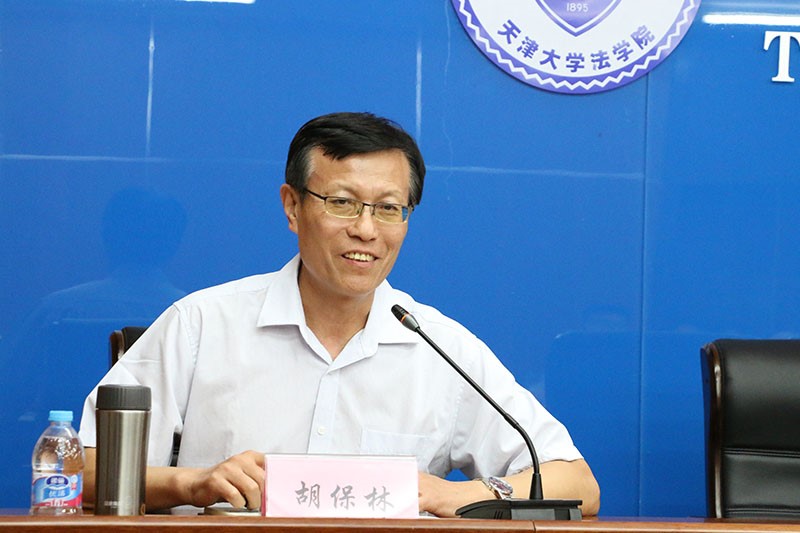
Hu Baolin concludes the meeting
In the end, Hu Baolin, honorary dean of the Research Institute of China Green Development of Tianjin University concluded the meeting with his appreciation for the work of all attendees and his opinions on the Agenda. “Researchers have all shared their research findings and explored the related fields of sustainable development from different aspects today”, he said, “After the meeting, the reports and articles will be submitted to the Chinese government and United Nations to support the sustainable development of China and the world.”
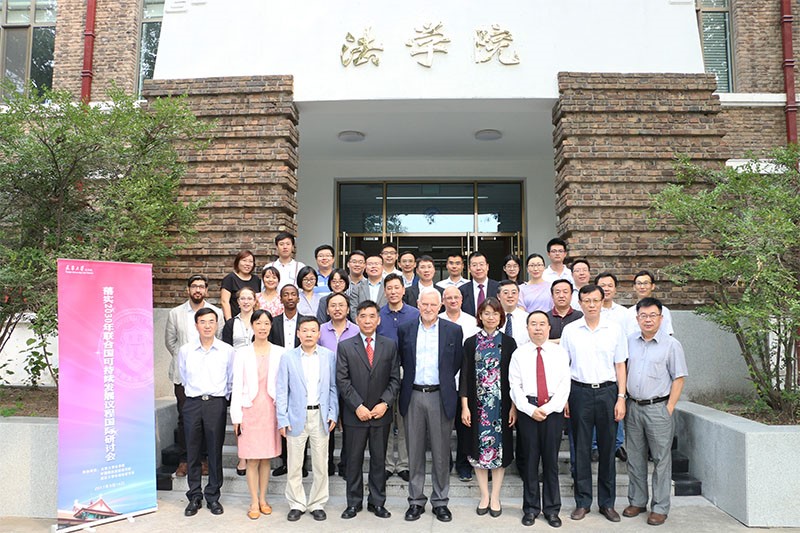
By: Zhao Han
Editors: Qin Mian and Christopher Peter Clarke






